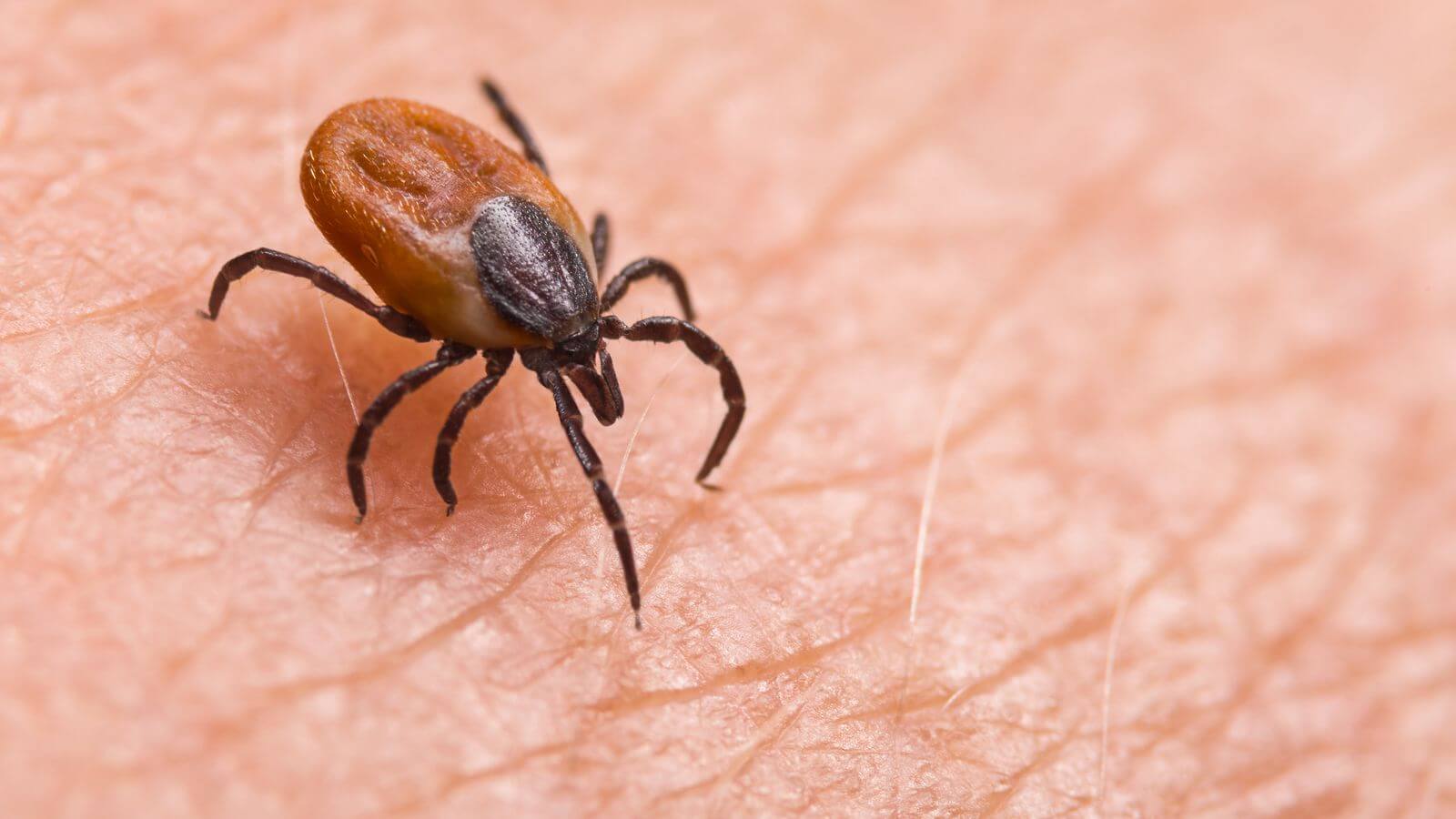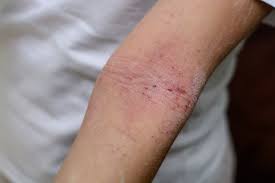Know causes, symptoms of new tick-borne Wetland virus discovered in China
Tue 10 Sep 2024, 00:34:49

A new tick-borne virus, referred to as the Wetland Virus, has recently been discovered in China. This emerging virus has raised concerns among health officials and researchers due to its potential to cause illness in humans. As with many tick-borne diseases, the Wetland Virus is transmitted through tick bites, making it a vector-borne illness. The discovery of this virus highlights the ongoing need for vigilance in monitoring ticks and tick-borne diseases. Here's all you need to know about Wetland Virus, from causes to prevention:
Causes of Wetland Virus
The Wetland Virus is believed to be transmitted primarily through tick bites, similar to other tick-borne pathogens like Lyme disease or the tick-borne encephalitis virus. Ticks are small arachnids that feed on the blood of animals and humans, and they are known to carry several diseases. In this case, it is speculated that the virus has been spread by ticks that inhabit wetlands or similar environments, which is how the virus got its name.
Symptoms of Wetland Virus
As of now, the symptoms of the Wetland Virus are still being researched. However, early cases have indicated that individuals infected with this virus may experience symptoms such as:
. Fever: A common symptom in many viral infections,
often accompanied by chills.
often accompanied by chills.
. Fatigue: Individuals may feel unusually tired or weak.
. Headache: Persistent headaches could be an early warning sign.
. Body Aches: Muscle and joint pain may develop as the infection progresses.
. Rash: In some cases, people may develop a skin rash, which is often associated with tick-borne infections.
More severe symptoms could arise if the infection goes undetected or untreated, so early diagnosis is crucial.
Prevention and Protection
Preventing tick bites is the best way to avoid contracting the Wetland Virus. Some recommended preventive measures include:
. Wear Protective Clothing: When venturing into wooded, grassy, or wetland areas, wear long sleeves, long pants, and shoes that cover your feet fully.
. Use Insect Repellent: Apply a tick repellent that contains DEET or other proven tick deterrents to both skin and clothing.
. Check for Ticks: After spending time outdoors, thoroughly check your body for ticks and remove any immediately.
The discovery of the Wetland Virus is a reminder that emerging viruses are a constant threat, especially those spread by insects like ticks. Stay vigilant and follow preventive measures to reduce the risk of tick-borne illnesses.
No Comments For This Post, Be first to write a Comment.
Most viewed from Health
AIMIM News
Latest Urdu News
Most Viewed
May 26, 2020
Do you think Canada-India relations will improve under New PM Mark Carney?
Latest Videos View All
Like Us
Home
About Us
Advertise With Us
All Polls
Epaper Archives
Privacy Policy
Contact Us
Download Etemaad App
© 2025 Etemaad Daily News, All Rights Reserved.




.jpg)

























